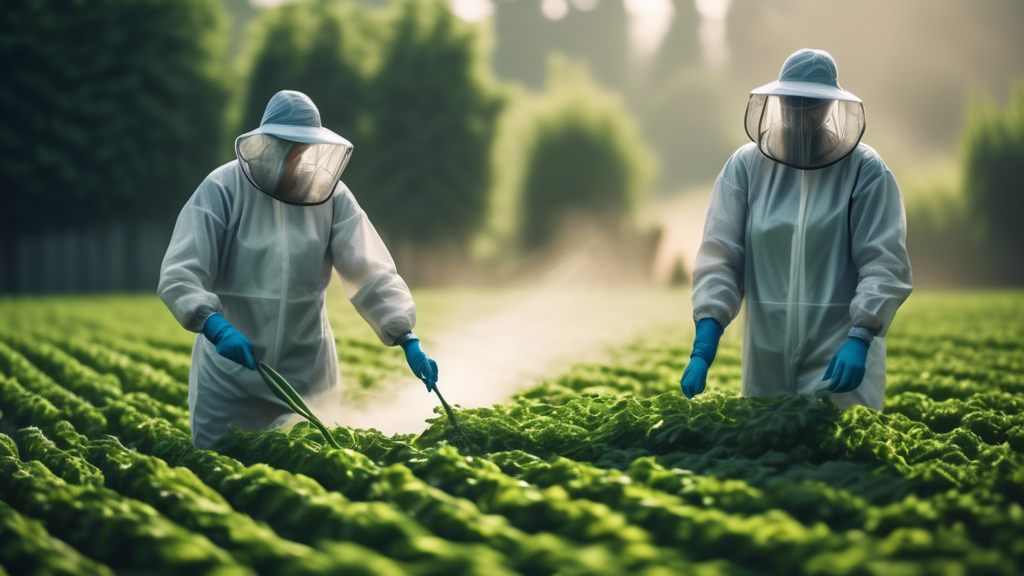EU's Bold Move to Halve Synthetic Pesticide Use by 2030: Balancing Sustainability and Food Security

EU Regulation: A Shift Towards Sustainable Agriculture
The European Union has introduced a groundbreaking regulation targeting a 50% reduction in the use of synthetic pesticides by 2030. This regulation is a critical component of the EU's ambitious Farm-to-Fork and Biodiversity Strategies, which seek to prioritize environmentally friendly pest control methods and promote organic farming practices. The primary objective is to protect the environment, support pollinators, and enhance biodiversity — all integral to ensuring long-term food security.
Environmental protection is at the heart of this regulation. By reducing reliance on synthetic pesticides, the EU aims to safeguard natural ecosystems and promote the health of pollinators, including bees, which play a pivotal role in pollinating crops. Healthy ecosystems and biodiversity are fundamental for sustainable food production, addressing both current needs and future challenges.
Balancing Concerns: Food Production and Sustainability
Despite the noble goals, critics express concerns that reducing pesticide use may lead to decreased food production per hectare. This potential reduction in yield could challenge food availability and affect the livelihoods of farmers who depend on conventional agricultural methods. Critics fear that such stringent measures may not harmonize well with the goal of consistent food availability.
Proponents of the regulation, however, counter these arguments with a different perspective. They emphasize the importance of addressing food waste and improving the efficiency of the food supply chain to achieve long-term food security. By minimizing waste and enhancing distribution processes, the need to rely heavily on synthetic pesticides diminishes. Moreover, the shift towards regenerative agriculture — which maintains soil health and supports biodiversity — presents a sustainable path forward.
Embracing Alternative Pest Control Methods
The EU's regulation encourages farmers to adopt alternative pest control methods, moving away from synthetic pesticides and towards organic farming practices. This transition requires a significant shift in farming practices, potentially impacting the livelihoods of many farmers. Nonetheless, the long-term benefits of such alternatives cannot be overstated. Organic farming methods contribute to ecosystem health and biodiversity, creating a more resilient agricultural landscape.
Globally, the EU's proactive stance could influence other regions to implement similar measures. This regulation could spearhead a worldwide movement towards environmentally friendly agricultural practices, fostering a collective effort to protect our planet. Such a global alignment would further strengthen efforts to ensure food security, make agriculture more sustainable, and maintain the natural balance of our ecosystems.
Here's a thought to consider
The EU's initiative to cut synthetic pesticide use by 50% by 2030 is a monumental step towards sustainable agriculture. While it presents challenges, primarily for food production and farmers' livelihoods, it also opens doors to innovative solutions and a more efficient supply chain. The shift towards regenerative and organic farming can eventually make our food systems more resilient and environmentally sound. Looking for updates? Sign up to our newsletter for weekly snippets.


